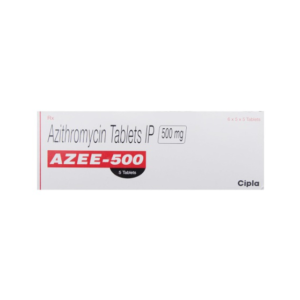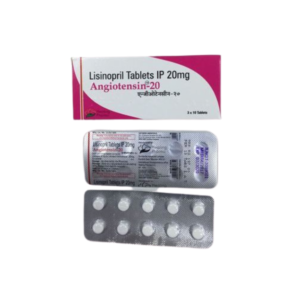
IROVEL-H (AVALIDE)150 12.5MG – 50 tablet
Each Irovel contains IRBESARTAN HCTZ 50 tablets. Irovel H 50 tablets is used to for the treatment of high blood pressure in adults.
ATC Classification: C09DA04
Active Ingrediant: Irbesartan and Hydrochlorothiazide
Generic Name: IROVEL H
Manufacturer: Sun Pharma
Strength: 150/12.5MG
Dosage Type: Tablet
Packaging Type: Foil in Box
Contains: 50 Tab
Irbesartan and Hydrochlorothiazide Information
What is this drug used for?
• It is used to treat high blood pressure.
• It may be given to you for other reasons. Talk with the doctor.
Possible side effects
Irbesartan and Hydrochlorothiazide may cause side effects. Tell your doctor if any of these symptoms are severe or do not go away:
• Dizziness.
• Feeling tired or weak.
Some side effects can be serious. If you experience any of these symptoms, call your doctor immediately or get emergency medical treatment:
• Signs of an allergic reaction, like rash; hives; itching; red, swollen, blistered, or peeling skin with or without fever; wheezing; tightness in the chest or throat; trouble breathing, swallowing, or talking; unusual hoarseness; or swelling of the mouth, face, lips, tongue, or throat.
• Signs of high blood sugar like confusion, feeling sleepy, more thirst, more hungry, passing urine more often, flushing, fast breathing, or breath that smells like fruit.
• Signs of kidney problems like unable to pass urine, change in how much urine is passed, blood in the urine, or a big weight gain.
• Signs of fluid and electrolyte problems like mood changes, confusion, muscle pain or weakness, a heartbeat that does not feel normal, very bad dizziness or passing out, fast heartbeat, more thirst, seizures, feeling very tired or weak, not hungry, unable to pass urine or change in the amount of urine produced, dry mouth, dry eyes, or very bad upset stomach or throwing up.
• Chest pain.
• Swelling.
• Any skin change.
• This drug can cause certain eye problems. If left untreated, this can lead to lasting eyesight loss. If eye problems happen, signs like change in eyesight or eye pain most often happen within hours to weeks of starting this drug. Call your doctor right away if you have these signs.
Medication Safety Issues
Sound-alike/look-alike issues:
Avalide may be confused with Avandia
Geriatric Patients: High-Risk Medication:
Beers Criteria: Diuretics (hydrochlorothiazide) are identified in the Beers Criteria as potentially inappropriate medications to be used with caution in patients 65 years and older due to the potential to cause or exacerbate syndrome of inappropriate antidiuretic hormone secretion (SIADH) or hyponatremia; monitor sodium concentration closely when initiating or adjusting the dose in older adults (Beers Criteria [AGS 2019]).
Storage and Stability
Store at 25°C (77°F); excursions permitted to 15°C to 30°C (59°F to 86°F).
Adverse Reactions
Reactions/percentages reported with combination product; also see individual agents.
1% to 10%:
Cardiovascular: Edema (3%), chest pain (2%), decreased blood pressure (excessive reduction in patients with uncomplicated hypertension: 1%), tachycardia (1%)
Central nervous system: Dizziness (8%; orthostatic: 1%), fatigue (6%)
Endocrine: Hypokalemia (≤8%)
Gastrointestinal: Nausea and vomiting (3%), dyspepsia (≤3%), heartburn (≤3%), abdominal pain (2%)
Genitourinary: Difficulty in micturition (2%)
Neuromuscular & skeletal: Musculoskeletal pain (6%)
Renal: Increased blood urea nitrogen (2%), increased serum creatinine (1%)
Miscellaneous: Flu-like symptoms (3%)
<1%, postmarketing, and/or case reports: Angioedema, hepatitis, hyperkalemia, tinnitus, urticaria





